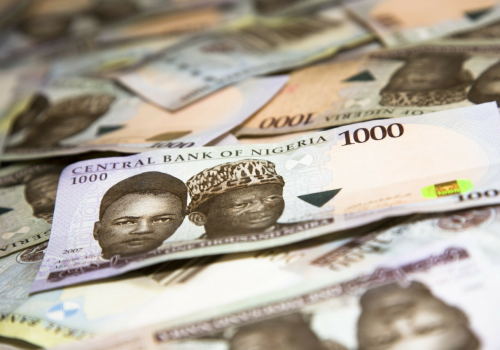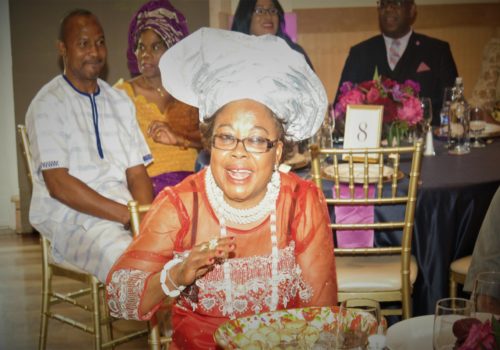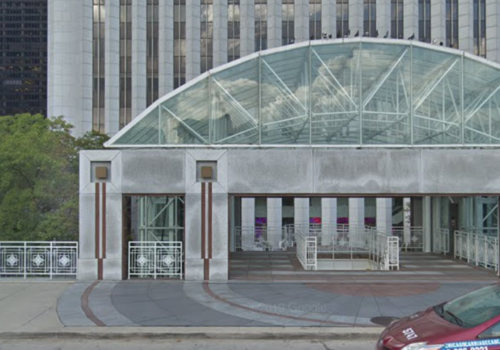Economic side of religion for Africans: a short analysis of its evolution
_________________
In the film, The Africans Vol. 3, Ali Mazrui narrates on the history and tradition of African religions and how they have evolved over time. In this brief discussion, I will critique Mazrui’s narration by generally agreeing with his take on the evolution of African religions. First, I will consider how the migration of Africans affected the evolution of African religions; second, I will consider how colonialism affected the evolution of African religions; and third, how capitalism might affect the evolution of African religions in the future.
First, I agree with Mazrui that the migration of Africans affected the evolution of African religions. However, I think he forgets to make a distinction between olden day African migration e.g. nomadic villagers and migration today e.g. students studying abroad. In essence, migration can be broken down into two main considerations: one, the migration of early African kingdoms and two, the migration of Africans today. In the migration of the early African kingdoms, you find that there was more of a consensus within each village and individual household on the nature of the religious belief and rituals practiced. Also, their kind of religion was mainly native and traditional in evoking spirits and ancestors. On the other hand, in the migration of Africans today, there is more of a mixture in religious practices; within most contemporary African families there is no longer a consensus on religious belief and rituals. For example, the husband in the house may be in tune with traditional religion and his wife and children may be involved with their local African Anglican church. This same mixture of religious beliefs remains influential if for example that same family were to send their children abroad to study. It is almost always the case that the children would want to hang on to that religion but end up intertwining their beliefs with their new environment. So the migration of Africans has affected and will continue to influence the evolution of African religions as Mazrui asserts, nonetheless, this influence must be viewed as a 2-way process.
Second, I agree with Mazrui that colonialism affected the evolution of African religions. More so, I appreciate his observation that there was actually Christianity in Africa before the Europeans came. Mazrui’s observation here follows in the spirit of a new breed of African scholarship dedicated to rewriting African history from the African point of view and doing away with the bigotry of the Eurocentric view. In studying African history, one must pay little attention if possible to the Eurocentric concept that views Africa with no past and no history until the Europeans came. Most people think there was no Christianity in Africa until the Europeans came, which is not accurate since Christianity was practiced in northern and eastern Africa well before the Europeans arrived. What solidified Christianity during colonization was that it was promoted as an economically viable religion to Africans — reading, writing, and farming were seen as good Christian models for living.
Third, I agree with Mazrui that modern-day capitalism affects the evolution of African religions today. One finds that as the three elements of African religion coexist, the traditional, Islamic, and Christian persuasions, the greatest influence to religious cultures in Africa is the spread of western Capitalism (a development that is external to but attachable to religion and proselytizing in Africa). In my opinion, economic concerns stand to be the most poignant factors in the evolution of African religions in the future especially in light of the growing demand and supply of “religion with economic benefits” in many parts of Africa.
Did this discussion help you progress? If so, please donate to My African Plan.
The average donation is about $12.





